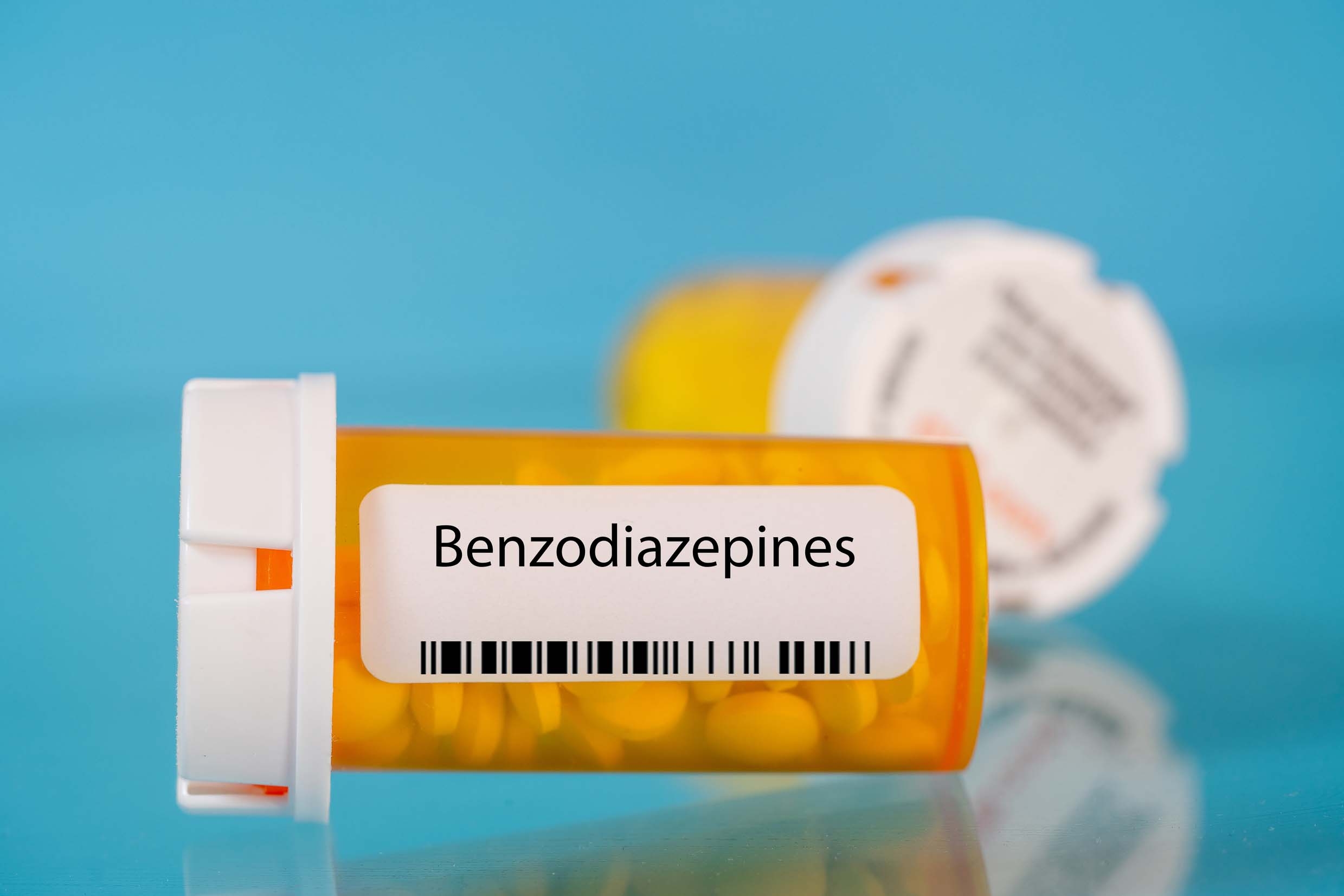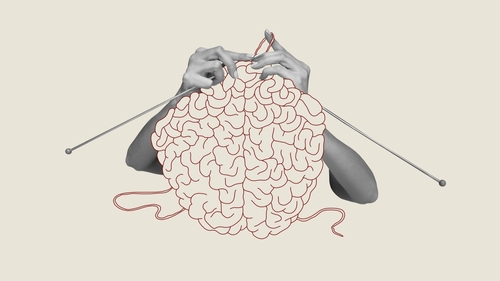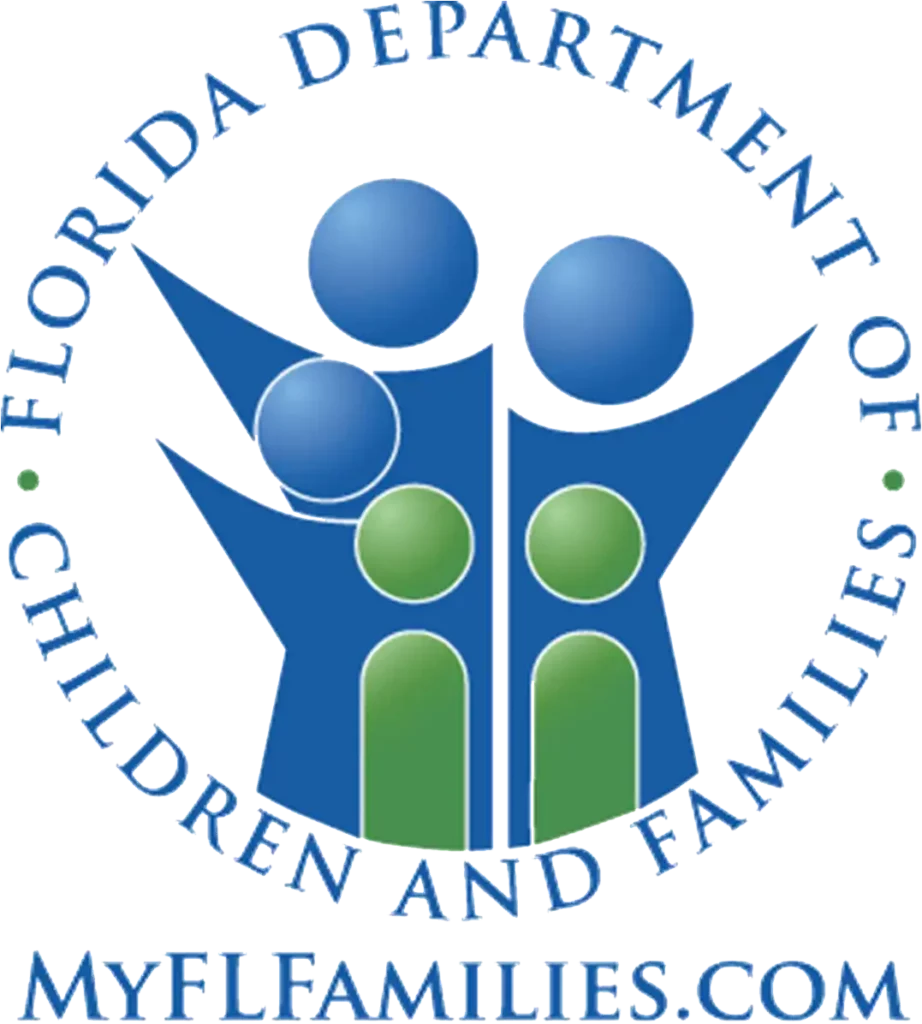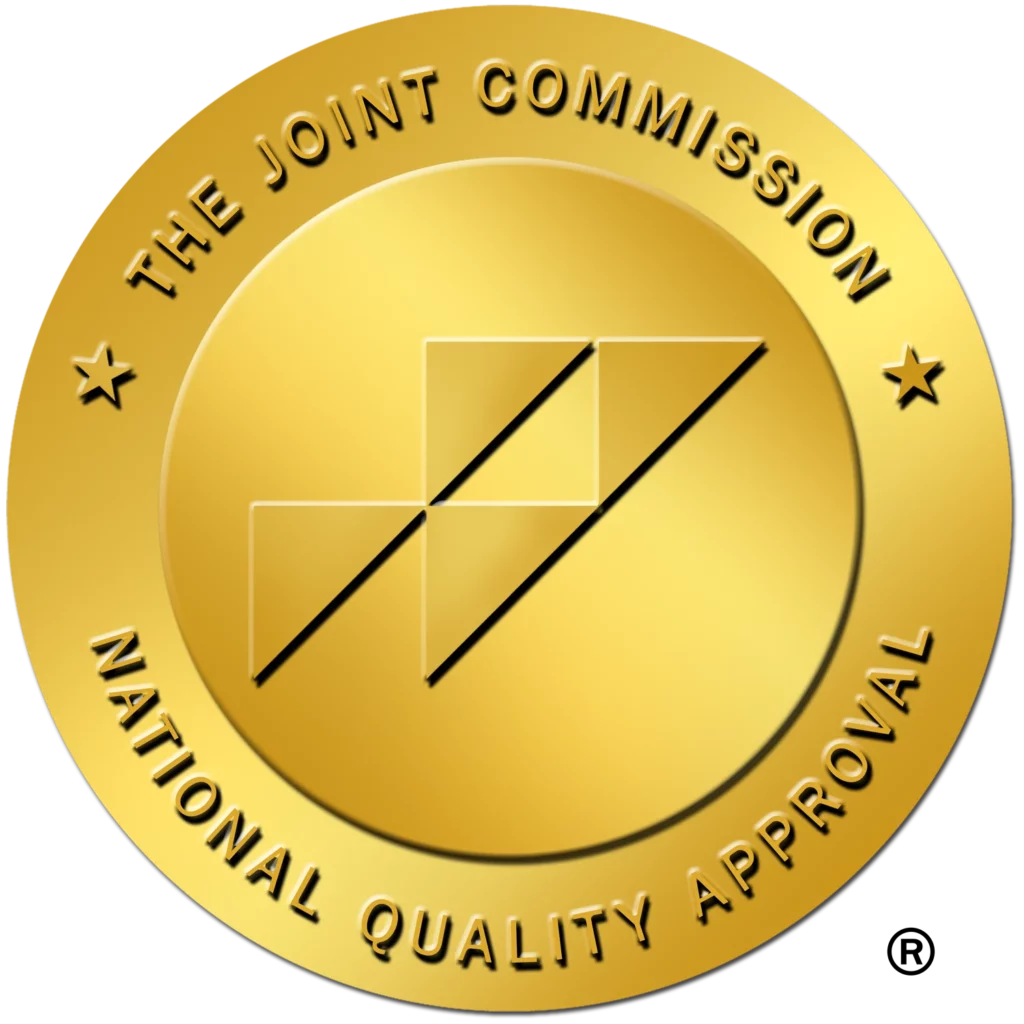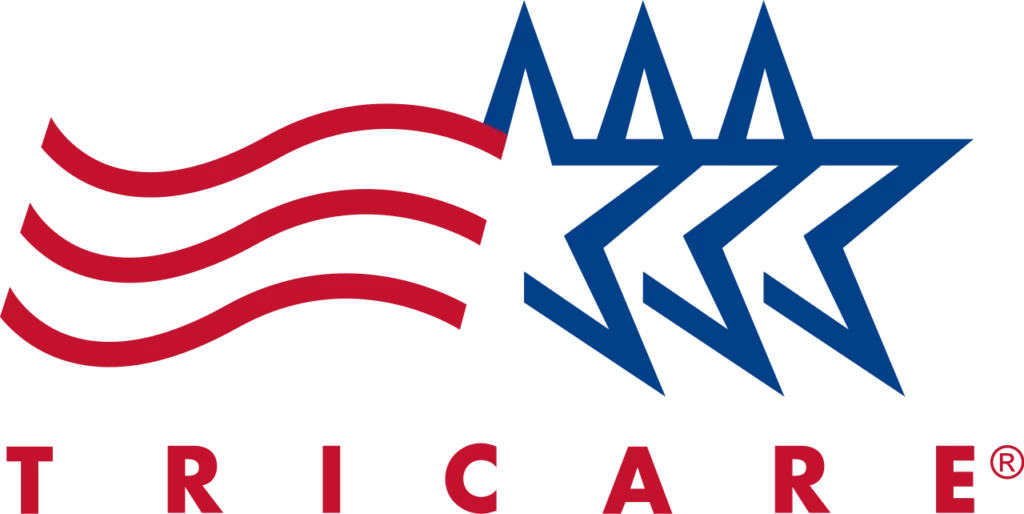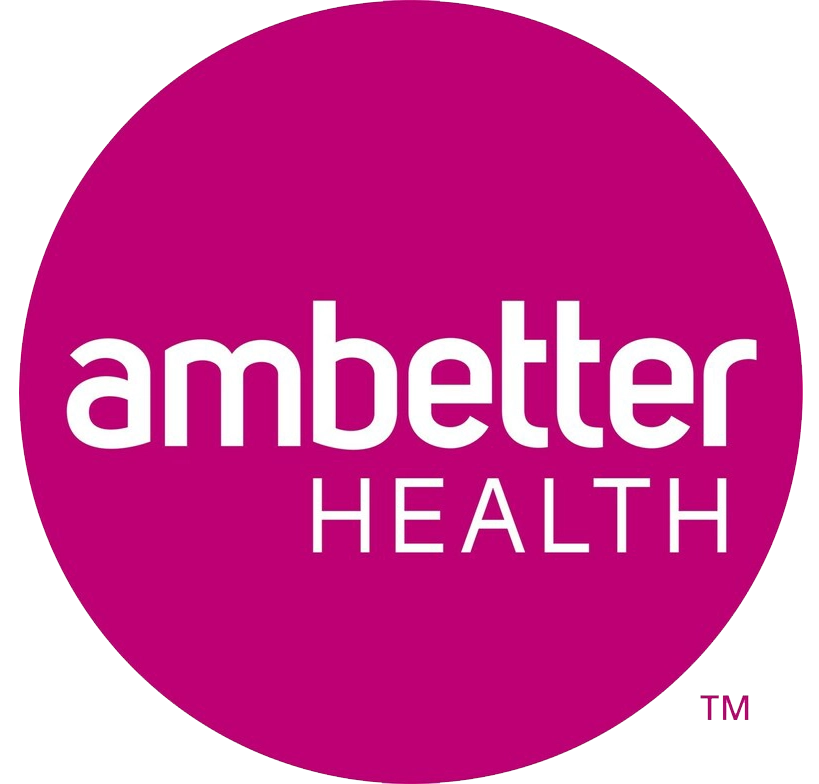What is Outpatient Drug Rehab?
This entry was posted in Drug Rehab and tagged benefits of outpatient drug rehab, outpatient drug rehab, what is outpatient drug rehab on September 18, 2023 by Justin Baksh, MS, LMHC, MCAP, Chief Clinical Officer.

Drug addiction continues to be a pervasive challenge that affects people, their families, and communities worldwide. The number of people consuming illicit drugs has catapulted 164 percent since 1990, and now stands at 296 million across the globe. As the addiction problem has continued to grow, the need for effective treatment programs has grown with it. Outpatient drug rehab programs, in particular, have seen a substantial increase in popularity and use.
The Importance of Addiction Treatment
“There’s a lot of debate, and some people still have the thought process that addiction is a choice.
It’s definitely not a choice.
It’s a combination of genetic and environmental factors that come together, and throughout the course of time, it progresses. There are biological factors. There are neurotransmitters and chemical makeups and neuropathways that are created.
I like to describe it as: Once you learn how to ride a bike, that pathway is with you for the rest of your life. It’s kind of the same thing. Once you learn how to ride a bike, you remember it. Well, once that addiction pathway is formed, it’s also there for the remainder of your life as well.
The key of what [drug and alcohol addiction treatment does] is to let you know how not to engage that pathway.”
– Justin Baksh, LMHC, MCAP
Addiction treatment, whether inpatient or outpatient, plays a crucial role in helping people overcome dependence on substances, rebuild relationships, and reintegrate into society. It is more than just breaking free from drugs or alcohol; it is a comprehensive approach to healing the whole person.
Addiction treatment programs are designed to address underlying issues that lead to addiction, as well as fostering personal growth and enabling a fulfilling, substance-free life. They often mean the difference between a life constrained by addiction and a renewed opportunity for a healthier, happier existence.
Amid the available treatment options, outpatient drug rehab programs stand as an essential pathway to recovery for many. But what exactly are outpatient drug rehab programs, and how do they compare to their inpatient counterparts? Understanding these concepts is vital in demystifying the process of addiction treatment and recognizing its significance in restoring lives.
What is an Outpatient Drug Rehab Program?
Outpatient drug rehab programs are treatment plans that allow people to receive addiction care and support while living at home. Unlike full-time residential or inpatient programs, outpatient treatments provide flexibility, offering sessions that can be scheduled around daily responsibilities like work, school, or family commitments. These programs typically include counseling, therapy, support groups, and education about addiction and recovery, with varying levels of intensity based on an individual’s unique needs.
While outpatient programs offer more freedom, inpatient programs provide a more controlled and immersive environment. In an inpatient setting, people live at the treatment facility, receiving around-the-clock care and monitoring. Individuals with severe addiction or concurrent mental health conditions frequently find it necessary to enter inpatient care.
On the other hand, outpatient treatments may be more suitable for those with mild to moderate addiction levels, or as a continuation of care following an inpatient stay. Both approaches share a common goal of healing and recovery, but they differ in structure, intensity, and commitment.
A Closer Look at Outpatient Rehab Programs: Types of Treatment
The landscape of outpatient drug rehab programs is as diverse as the people and families they serve. Tailoring treatment to the unique challenges and goals of each person is paramount to success. Here are the components that form the foundation of these programs.
Counselling and Therapy
At the heart of outpatient treatment lies counselling and therapy. Individual, group, or family-based therapy will all be utilized, in order to address both the psychological and emotional aspects of addiction.
Cognitive-Behavioral Therapy (CBT) and Dialectical Behavior Therapy (DBT) are common, well-established therapeutic approaches used in mental health treatment, including addiction.
CBT is a psychotherapeutic approach that focuses on recognizing and altering distorted or negative thinking patterns and behaviors. It aims to develop coping strategies and change unhelpful patterns to improve emotional regulation.
DBT is a form of cognitive-behavioral therapy that focuses on the psychosocial aspects of therapy. It’s designed to help people manage overwhelming emotions, reduce harmful behaviors, and restore relationships.
Group Therapy
Group therapy is a valuable component of addiction treatment, offering a multidimensional approach that capitalizes on shared experience, mutual support, peer learning, and professional guidance. It not only contributes to the individual’s healing process but fosters a community of understanding and compassion that can be instrumental in sustaining recovery.
In addition to traditional group therapy, support groups like Alcoholics Anonymous, Narcotics Anonymous and Celebrate Recovery can also be an integral part of recovery. They foster empathy, encouragement, and accountability.
Education and Training
Education and training within outpatient drug rehab programs are essential in empowering individuals with the knowledge and skills they need for successful recovery.
- Understanding Addiction and Co-Occurring Disorders – Educating people about the biological, psychological, and social factors that contribute to addiction helps individuals understand it as a complex and multifaceted disease, not a moral failing. In addition, helping patients understand how mental health disorders and addiction often coexist, and how one can affect the other, provides them vital insight into their own personal needs and triggers.
- Skills Development – Coping strategies are one of the most vital skills that are taught to recovering addicts to help them in their journey to lasting sobriety. Helping them learn ways to cope with cravings, stress, and triggers allows them to navigate challenges without relapsing. Recovery training also includes recognizing early signs of relapse and learning techniques to prevent it. Both of these skills are crucial for long-term recovery.
- Family Education – Involving loved ones where possible and educating family members and friends about addiction and recovery can play a key role in recovery. Addiction isn’t just a problem for the person struggling with the substance; it touches the lives of their family as well. Family education recognizes this shared journey and aims to equip family members with the understanding and tools needed to support their loved ones.
As well as fostering empathy and compassion, education enables family members to provide effective support for someone in recovery… without enabling addictive behaviours.
Also, addiction often strains family relationships. Education facilitates healing by promoting open communication, understanding, and collaboration.
Medication Management
For some, medication-assisted treatment (MAT) may be a part of the outpatient program and may play a vital role in treating certain substance use disorders, particularly opioid addiction.
MAT is a legitimate and often essential part of the recovery process. MAT combines FDA-approved medications with counselling and behavioural therapies. This integrated approach addresses both the physical symptoms of addiction and the underlying psychological aspects.
Methadone, Buprenorphine and Naltrexone are medications that can reduce cravings, block the effects of opioids, or ease withdrawal symptoms. This supports a more comfortable and sustainable recovery.
Medication management requires careful monitoring by healthcare professionals to ensure the correct dosing, and adherence to the treatment plan, and to address any potential side effects or concerns.
Customization to Individual Needs
Outpatient programs often begin with a thorough assessment of the patient’s needs and struggles, to create a tailored treatment plan. This plan takes into account the type of addiction, its severity, co-occurring mental health issues, and individual life circumstances.
Recovery is a personal journey, and outpatient programs emphasize individualized care. From the frequency and type of sessions to the inclusion of specific therapies, the treatment plan is crafted to resonate with the person’s unique situation and goals.
Outpatient drug rehab programs are multifaceted, aligning therapy, support, education, and, if necessary, medication to foster recovery. They provide a flexible, individualized approach that can be an essential step towards a life free from addiction’s grip. Recognizing the diversity of these programs and their adaptability to each person’s unique needs empowers both healthcare professionals and those seeking help to find the path that feels right for them.
The Benefits of Outpatient Drug Rehab
Outpatient treatment programs provide an alternative to inpatient programs that can be more suitable for certain individuals. The main advantages are:
- Flexibility & Personalized Treatment: Outpatient treatment allows individuals to continue with daily responsibilities like work, school, or family commitments while receiving treatment. Tailoring the program to the individual’s schedule can lead to higher engagement and commitment.
- Affordability: Typically, outpatient programs are less expensive than inpatient treatment, making it more accessible to a broader range of people. In addition, many outpatient programs accept insurance, further reducing the financial barrier.
- Community: Outpatient treatment enables individuals to apply what they’ve learned in therapy directly to their daily lives, enhancing their coping skills in real-time. Being part of a community or support group within the program fosters connections and camaraderie that can be sustaining.
- Structured Freedom: Because outpatient programs require a degree of personal motivation and discipline, they teach individuals how to survive in the real world. Outpatient drug rehabs that have step-down care such as partial hospitalization, followed by intensive outpatient and then outpatient treatment allow clients to gradually step back into daily responsibilities such as employment or higher education. This is why sober living homes coupled with outpatient drug rehab are so successful.
One caution: When addiction is coupled with severe mental illness such as schizophrenia, which may need more intensive, around-the-clock care. However, typically co-occurring diagnoses such as generalized anxiety disorders or depression do well in an outpatient drug rehab setting and a sober living home.
Outpatient treatment offers a flexible, affordable, and community-integrated approach to addiction recovery, but it also requires careful consideration of the individual’s needs, motivation, environment, and mental health. Understanding these advantages and considerations helps in making informed decisions, aligning treatment with the person’s unique situation, and recognizing the nuanced and individualized nature of addiction recovery.

